Artificial intelligence is a supplement to learning -- not a substitute
)
As artificial intelligence develops at breakneck speed, its impact will touch all sectors and all workers – education included. But while predictions abound about the number of jobs that could be displaced, it seems that teaching may be an exception to the rule.
While AI-powered EdTech can be a powerful tool to enhance, amplify and streamline teaching, it is not up to the enormous -- and vital -- task of preparing today’s students for the future.
Here, we look at the potential applications for AI-based EdTech in the education sector and the importance of keeping teachers at the centre of the learning experience.
Where does AI-based EdTech work best?
It’s important to note that although AI has existed for decades, it is still an emerging technology. Most research into AI applications in the education sector isn't robust enough to draw solid conclusions. We need more time with AI active in the field for substantial research to fully understand its effects and implications.
Despite this, AI’s potential is immense.
Different students learn in different ways, and AI could be used to cater to diverse needs by providing each student with materials that keep them engaged. Whether that’s audio, visual, through repetition or learning-by-doing, AI tools mean lessons can be more creative, imaginative and flexible. Educational apps, video games and learning management systems powered by AI could be used to facilitate interactive, rewarding experiences that keep students invested.
AI could also be used to support the design and development of curricula. Analysis algorithms could comb through hefty databases of student results to pinpoint subject areas that students find challenging. What’s more, AI can be used to suggest and test changes. Educators could leverage these insights to design more effective strategies that target support where students need it most.
AI can also be used for individualised education, tracking student progress and identifying when students are struggling earlier through analysing behaviour patterns like attendance, sick days or test results. For teachers who are managing buzzing classrooms of more than 20 students, an AI assistant who could flag when a student is quietly struggling could offer invaluable help in early intervention.
Marking assessments, a chore many teachers dread, could also be made quicker and more engaging by AI. There are already AI-powered programs that can identify correct answers on test papers and scan essays for plagiarism (or, indeed, for AI generated content). By carrying out the more onerous aspects of assessment, AI could enable educators to focus their energy into giving meaningful feedback to students that will help them improve.
Good teachers will always outperform algorithms
AI can simulate virtual environments, crunch massive datasets, tally up scores, optimise schedules and more. But there are some jobs that only a human is cut out for.
Educating a student is a far more profound task than simply providing information and grading tests. Good teachers understand their students’ needs, emotions and ambitions, creating enabling environments that allow them to thrive and inspiring them to create the best version of themselves.
Presidents have penned public letters about the influence of their favourite teachers. Some of the world’s most recognised names have praised their former educators, attributing their success to their early influence. For example, playwright and musician Lin Manuel Miranda’s teacher nudged him into music instead of punishing him when he was distracted in class. Actor Tyrese Gibson’s teacher drove him to school when he didn’t have money for the bus. Singer-songwriter Adele broke down in tears on stage on seeing her former English teacher, who inspired her interest in literature.
In his 1991 Academy Awards Speech, renowned filmmaker George Lucas took special care to thank his teachers, saying, “From kindergarten through college, their struggle—and it was a struggle—to help me learn to grow and learn was not in vain, and it is greatly appreciated. I’ve always tried to be aware of what I say in my films because all of us who make motion pictures are teachers, teachers with very loud voices. But we will never match the power of the teacher who is able to whisper in a student’s ear.”
Creating a diverse and inclusive classroom requires intuition, empathy and an understanding of individual experiences that AI may never have. AI can’t resolve conflicts, teach social skills and foster self-confidence or make parents feel involved in their child’s education: only an experienced educator can do these things.
A fine pen can make the task of writing easier, but it can’t write a masterpiece. Similarly, whilst AI-powered tools can make some parts of the teaching process more efficient, more enjoyable or more effective, they are still just tools. A holistic approach that blends traditional methods with well-designed technologies, placing teachers at the centre of education and putting students’ interests first, is the best way forward.
Every student, educator, classroom and school are unique. At Bett, we’re supporting pioneering classrooms and leading educators to embrace the future and build an education to shape tomorrow’s changemakers. Join us as we tackle subjects like AI, inclusion, wellbeing and more at www.bettshow.com.
Tags
- AI
- aipowered
- artificial
- edtech
- educators
- intelligence
- learn
- learning
- make
- more
- student
- students
- task
- teacher
- teachers
- teaching
- test
- through
- tools
- used


)
)
)
)
)
)
)
)
)
)
)
)
)
)
)
)
)
)
)
)
)
)
)
)
)
)
)
)
)
)
)
)
)
)
)
)
)
)
)
)
)
)
)
)
)
)
)
)
)
)
)
)
)
)
)
)
)
)
)
)
)
)
)
)
)
)
)
)
)